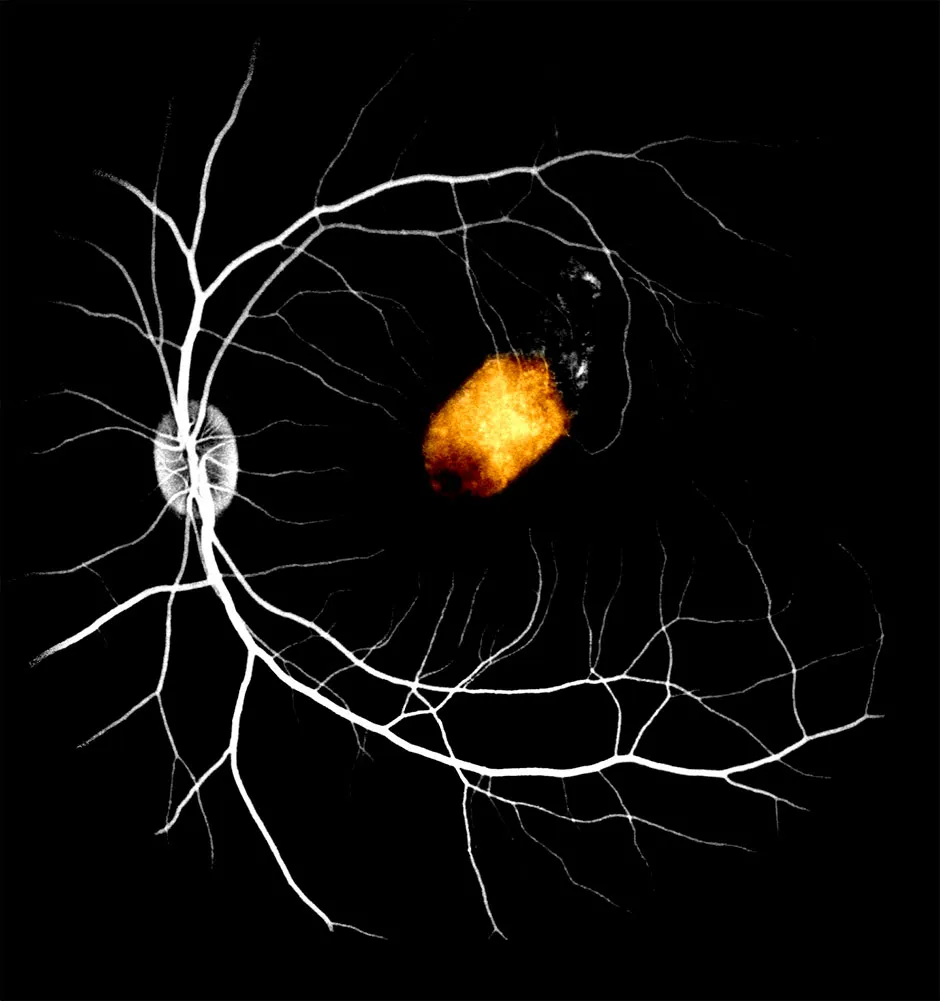Researchers have successfully transplanted retinal cells into monkeys’ eyes, giving hope for this method as a treatment for blindness.
Over 200 million people worldwide are affected by vision loss due to degeneration of a layer of cells in the eye called the retinal pigment epithelium (RPE).
In this proof-of-concept study, an international group of scientists took stem cells from donated eyes from human adults and turned them into retinal cells. They then transplanted these cells into the eyes of monkeys, where they survived for three months with no serious side effects, such as attack from the immune system or light sensitivity.
What’s more, the cells started to take over some of the function of the monkeys’ RPE, and didn’t cause any retinal scarring.
Read more about visual impairment:
- Glasses for colour blind people make visible a whole world of colour
- Blind mice see again thanks to altered skin cells
“Human cadaver donor-derived cells can be safely transplanted underneath the retina and replace host function, and therefore may be a promising source for rescuing vision in patients with retina diseases,” said Dr Timothy Blenkinsop, assistant professor in Cell, Developmental & Regenerative Biology at the Icahn School of Medicine, New York.
“The results of this study suggest human adult donor RPE is safe to transplant, strengthening the argument for human clinical trials for treating retina disease.”

Using stem cells, the researchers say, could provide an unlimited source of transplants, and could ensure that the transplants are matched to the recipients.
This study shows that it is feasible that RPE transplants derived from stem cells could be a viable treatment for visual impairment. However, further experiments are needed before this treatment will become available.
The team say that next, they need to give the transplants to diseased monkeys and test whether it actually restores their sight. Following that, this method will then be tested in human patients.
Reader Q&A: Do guide dogs know that their master is blind?
Asked by: Pad Scanlon, London
Although all dogs show signs of having ‘theory of mind’, which enables them to grasp the fact that we think differently from them, it’s unlikely that they are capable of extending this to knowing the reason why one person behaves differently to another.
The concept of vision, and therefore the loss of it, is a complex one, so we don’t think dogs have an understanding of what it means to be blind. But, of course, they can learn what things a blind person needs help with, and adjust their behaviour accordingly. Interestingly, studies show that guide dogs will still look to their master’s face for cues when begging for food, just as a sighted person’s dog would.
Read more: